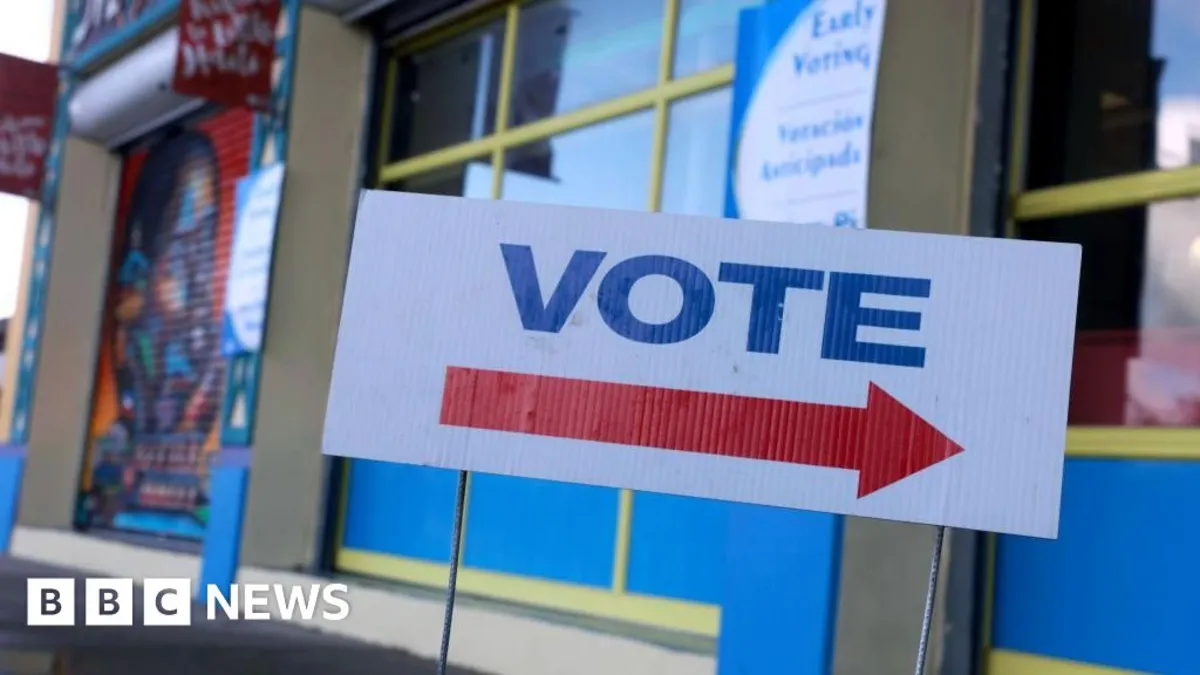
On Tuesday, US President Donald Trump signed a significant executive order aimed at overhauling the way federal elections are conducted in the United States. This new order introduces mandatory proof of citizenship for voters and imposes restrictions on when states can accept mail-in ballots. Experts are raising concerns that this directive could disenfranchise millions of Americans who may not have easy access to the necessary documentation, such as a passport or other legal proof of citizenship.
The implications of this executive order are profound, particularly in its enforcement. Given that individual US states possess significant legal authority over the administration of their elections, the order's enforceability remains uncertain. Legal experts anticipate that the order will face challenges in court, questioning its validity and the potential for disenfranchisement.
Titled Preserving and Protecting the Integrity of American Elections, the executive order was signed at the White House amid Trump's ongoing rhetoric about election fraud. Trump stated, “Election fraud. You've heard the term. We're going to end it, hopefully. At least this will go a long way toward ending it,” as he put pen to paper. The order asserts that the US has inadequately enforced basic election protections and encourages states to comply with the federal mandate to require proof of citizenship, threatening to cut off federal funding for those who do not.
It is important to note that it is already illegal for non-citizens to vote in US elections. The Illegal Immigration Reform and Immigrant Responsibility Act of 1996 explicitly prohibits non-citizens from participating in federal elections. Moreover, while every state is required to utilize a standardized registration form that mandates individuals attest to their citizenship under penalty of perjury, it does not currently require documentary evidence.
Experts argue that instances of immigrants voting illegally in US elections are exceedingly rare. The executive order also seeks to prevent states from accepting postal ballots that are received after Election Day. At present, 18 states allow ballots mailed on or before Election Day to be counted if they arrive after the official voting day. The new order threatens to withdraw federal funding from states that fail to comply with these restrictions.
Trump has faced accusations of spreading misinformation regarding elections, including the unfounded claim that millions of illegal immigrants voted in his first campaign. He continues to reject the results of the 2020 election, which saw Joe Biden emerge as the victor. Previous efforts to institute a voter ID law in Congress have consistently failed, with many Democrats criticizing similar proposals by highlighting the reality that a significant number of Americans lack an enhanced driver’s license or passport for identification.
Legal experts project that the basis for this executive order will likely face judicial scrutiny. Wendy Weiser from the Brennan Center for Justice at New York University remarked to the Washington Post that the President does not have the authority to override federal statutes that dictate voter registration requirements. UCLA law professor Rick Hasen also noted that elections are predominantly managed by individual state governments and that, if upheld, the order could dramatically shift power toward the federal government.